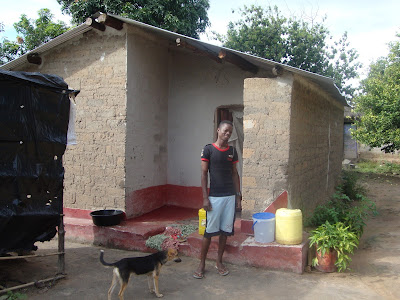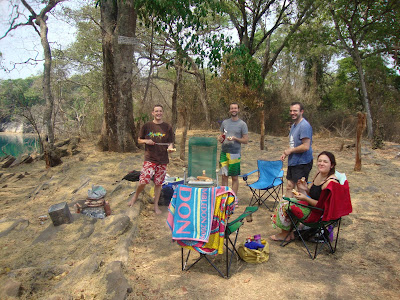As well as teaching Grade 2 here at Kapumpe Christian
Primary School, I have also been involved in running Arise, the charity set up
to support orphans, vulnerable children and their guardians here in Kaniki and
the neighbouring areas. Next year when I return to Zambia for my second year, I
will take on a different role, overseeing the school (rather than teaching a
specific class) and leading the work of Arise.
Arise is a small charity, formerly known as Kaniki Orphans Project (KOP). Arise relies
solely on donations to fund itself and this money is used to support people with school fees, food and provisions for families in need and run empowerment projects.
Quite a few people from back home in England have asked to
hear more about the work of Arise and so I thought I would share our latest newsletter to update you on how the charity is supporting people in
need and any challenges or difficulties that we would appreciate prayer for.
Click here for the latest Arise newsletter
Click here for the latest Arise newsletter
This is the first Arise newsletter I have written, which I hope gives a good insight in to some of the work of the charity has been doing over the past year. If you wish to support Arise there are many ways in which you can do so, including prayer, financially, or even sponsoring a child.
I have seen firsthand what an amazing difference such a small charity can make to the people who live here, and I am really excited to take on the challenge of leading Arise over the next year. I will continue to post updates and newsletters and am really grateful for all of the support that we have received so far.
If you would like to receive our newsletters regularly, let us know your email address so you can be added to our supporters' mailing list. Send us an email at kop@kaniki.dk or a message on Facebook at https://www.facebook.com/KanikiOrphansProject.
If you would like to receive our newsletters regularly, let us know your email address so you can be added to our supporters' mailing list. Send us an email at kop@kaniki.dk or a message on Facebook at https://www.facebook.com/KanikiOrphansProject.


























































